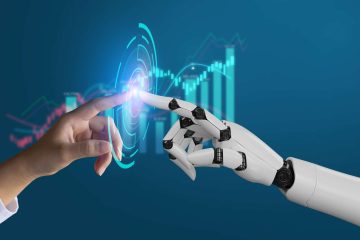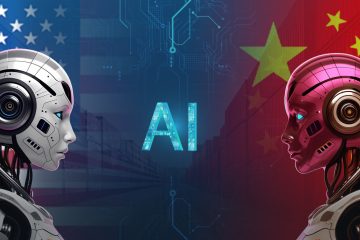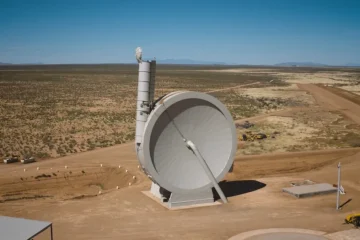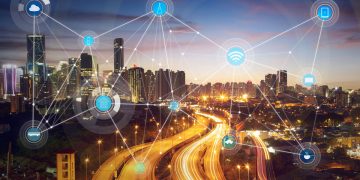The Next Wave of Innovation: How Emerging Technologies Are Shaping the Future
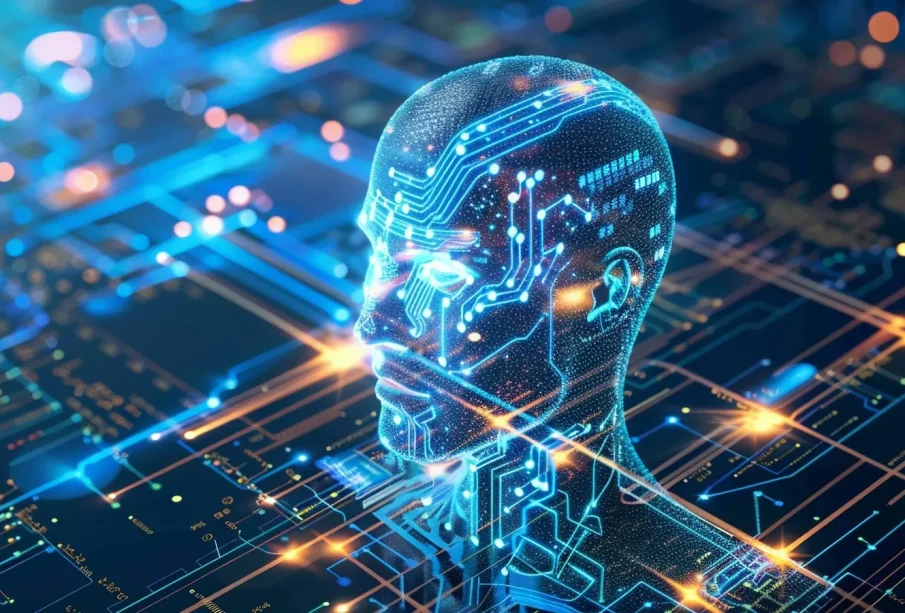
Technology has always been the driving force behind human progress. From the invention of the printing press to the rise of the internet, every major leap has reshaped society, economies, and even our way of thinking. Today, we stand on the brink of another transformative era — one powered by artificial intelligence, quantum computing, biotechnology, and sustainable innovation.
This new wave of technological evolution isn’t just changing devices; it’s redefining industries, education, communication, and daily life. Let’s explore how these emerging technologies are shaping the future and what they mean for humanity.
1. Artificial Intelligence: The Engine of the Modern World
Artificial intelligence (AI) is no longer a futuristic concept — it’s an everyday reality. From voice assistants like Alexa and Siri to complex machine learning algorithms used in finance, healthcare, and logistics, AI has become the invisible engine driving modern society.
In 2025, AI is expanding beyond automation into areas like decision-making, creativity, and problem-solving. Generative AI models can write essays, compose music, design products, and even assist in scientific research.
AI in Business
Companies are using AI to analyze massive datasets, predict consumer trends, and personalize user experiences. Retailers employ AI-driven recommendation engines (like those used by Amazon and Netflix) to boost engagement and sales.
AI in Healthcare
In medicine, AI algorithms can detect diseases from X-rays, analyze genetic data, and predict patient risks. Tools like Google DeepMind’s AlphaFold have even mapped the structures of proteins — a breakthrough that accelerates drug discovery.
The promise of AI lies not in replacing humans, but in augmenting human intelligence — making work faster, decisions smarter, and life more connected.
2. The Quantum Leap: Computing Beyond Imagination
If classical computers changed the 20th century, quantum computing could define the 21st. Quantum computers use quantum bits, or qubits, which can represent multiple states simultaneously, allowing them to process information exponentially faster than traditional computers.
While still in its early stages, quantum computing has immense potential in:
-
Cryptography: Creating unbreakable encryption methods.
-
Climate modeling: Simulating complex environmental systems.
-
Medicine: Accelerating drug testing and molecular modeling.
-
Finance: Optimizing portfolios and managing global risk.
Companies like IBM, Google, and Intel are investing billions to make quantum systems commercially viable. Once scalable, they could revolutionize industries in ways comparable to how personal computers reshaped the 1980s.

3. The Internet of Things (IoT): A Connected Ecosystem
The Internet of Things refers to the network of connected devices — from smart thermostats and wearable fitness trackers to industrial sensors and self-driving cars.
By 2030, experts predict there will be over 25 billion IoT devices worldwide, each gathering data to make systems more efficient.
In Smart Homes
IoT creates convenience — lights that adjust automatically, refrigerators that track groceries, and security cameras that alert you in real time.
In Industry
Manufacturers use IoT for predictive maintenance, energy optimization, and remote monitoring. This trend, known as Industry 4.0, merges robotics, sensors, and AI to enhance productivity and safety.
IoT is turning the physical world into a living, responsive network, bridging the gap between technology and everyday life.
4. 5G and Beyond: The Era of Hyperconnectivity
Fast, reliable connectivity underpins every modern technology. 5G networks are revolutionizing the speed and capacity of data transfer, enabling new possibilities in automation, healthcare, and entertainment.
With speeds up to 100 times faster than 4G, 5G supports real-time communication, crucial for technologies like autonomous vehicles, remote surgery, and smart cities.
The next step — 6G — is already in research. It promises not only higher speeds but also integration with AI-powered networks that adapt dynamically to demand. The future of connectivity will be defined by latency-free, intelligent infrastructure, enabling seamless digital experiences everywhere.
5. Cybersecurity: Protecting the Digital Frontier
As technology grows more advanced, so do cyber threats. Data breaches, ransomware attacks, and AI-generated fraud have become critical challenges for individuals and organizations alike.
Modern cybersecurity now relies on AI-driven defense systems capable of identifying anomalies, predicting threats, and neutralizing attacks before they happen.
The rise of biometric authentication (like facial recognition and fingerprint ID), blockchain encryption, and zero-trust architecture are making systems more resilient.
In the future, cybersecurity will evolve from a reactive measure to a proactive shield, powered by automation and predictive analytics.
6. The Green Tech Revolution: Sustainability Through Innovation
The next wave of tech progress isn’t just about speed and power — it’s about sustainability. With climate change accelerating, green technology has become a global priority.
Renewable Energy Innovation
Advancements in solar panels, wind turbines, and battery storage are making clean energy more efficient and affordable. AI is even helping optimize power grids, reducing waste and balancing energy loads.
Smart Cities and Eco-Design
Urban areas are adopting sensors to monitor air quality, traffic, and energy use. Buildings are designed with smart materials that self-regulate temperature and reduce emissions.
Tech Companies Going Green
Major firms like Apple and Microsoft have pledged carbon neutrality, while others are investing in carbon capture technology and circular manufacturing — where devices are built for reuse and recycling.
Technology, once seen as an environmental burden, is now becoming a critical tool for a sustainable future.
7. Biotechnology and Human Enhancement
Biotechnology is merging biology and engineering to revolutionize healthcare, agriculture, and even human capabilities.
Genetic Engineering
CRISPR gene-editing technology allows scientists to precisely alter DNA, potentially curing inherited diseases and improving crop resilience.
Wearable and Implantable Tech
Devices like glucose-monitoring patches and neural implants are transforming personal health management. In the near future, brain-computer interfaces (BCIs) could allow people with paralysis to control devices using only thought.
Biotech represents one of the most exciting — and ethically complex — areas of modern innovation. As we unlock the secrets of life itself, we must balance progress with moral responsibility.
8. The Future of Work: Automation and Human Creativity
Automation and AI are reshaping the workforce, but not necessarily replacing humans. Instead, they’re changing what skills are most valuable.
Routine tasks — from data entry to assembly line work — are increasingly handled by machines, while human roles shift toward creative problem-solving, emotional intelligence, and strategy.
The rise of remote work technology, collaborative AI tools, and digital communication platforms like Zoom and Slack has also redefined productivity. The office of the future isn’t physical — it’s hybrid, connected, and intelligent.
9. Ethics and Regulation in a Tech-Driven World
As technology accelerates, ethical and legal frameworks often lag behind. Questions around data privacy, algorithmic bias, and surveillance are becoming central to global policy debates.
Governments and organizations must ensure that innovation benefits humanity as a whole — not just those with access to it. Responsible AI, transparent algorithms, and digital rights laws are crucial to maintaining trust in a connected world.
Ethical innovation will determine whether technology empowers or divides society.
10. Looking Ahead: The Human Side of Innovation
Technology is evolving faster than ever, but its ultimate purpose remains human. The real challenge is not inventing smarter machines — it’s using them wisely.
The next decade will demand collaboration between technologists, educators, scientists, and policymakers to ensure that progress aligns with values like inclusivity, sustainability, and equality.
The tools of tomorrow — from quantum computers to bio-AI hybrids — hold unimaginable potential. But it’s our vision, creativity, and compassion that will define how they shape the world.
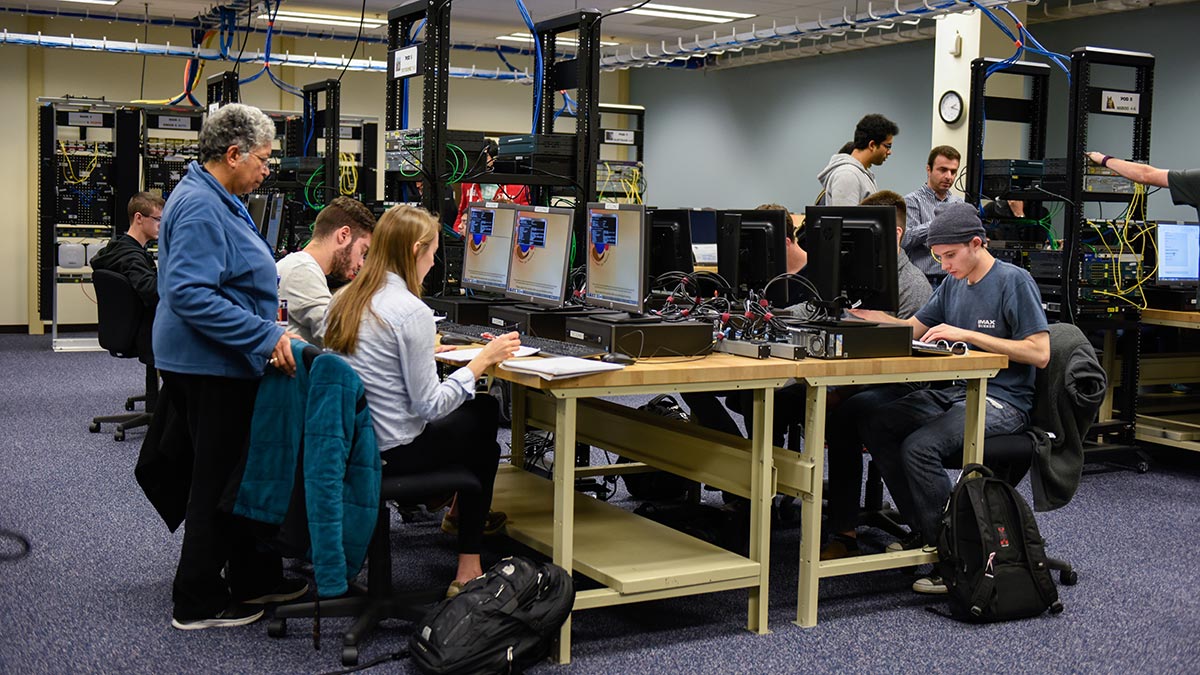
Conclusion
The future of technology is not a distant dream — it’s unfolding before our eyes. Artificial intelligence is learning, machines are thinking, and humanity is reinventing itself through innovation.
From energy and health to education and exploration, the boundaries of what’s possible are being rewritten. Yet amidst this transformation, one truth remains: technology is only as powerful as the people who use it.
The next wave of progress isn’t about machines taking over — it’s about humans and technology evolving together, building a smarter, cleaner, and more connected world.

